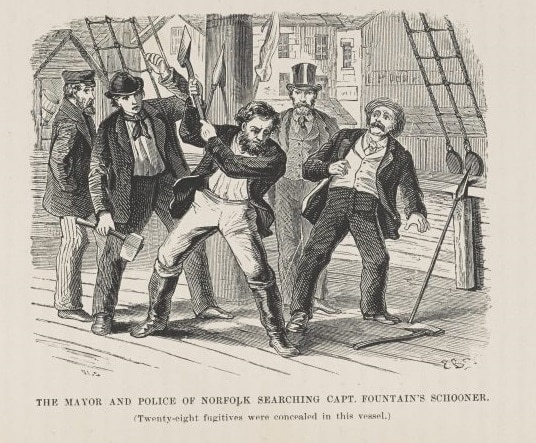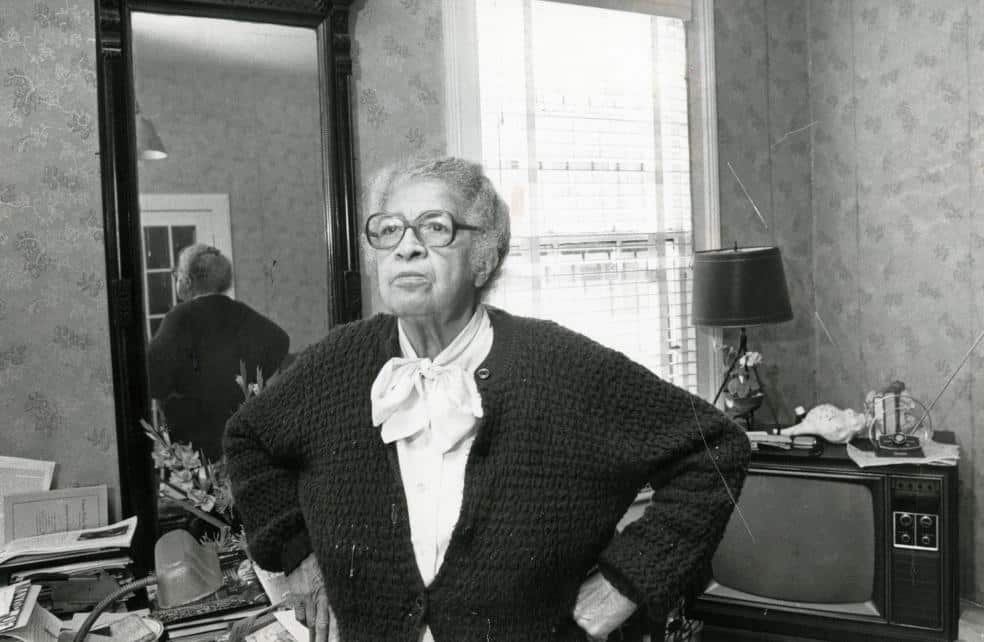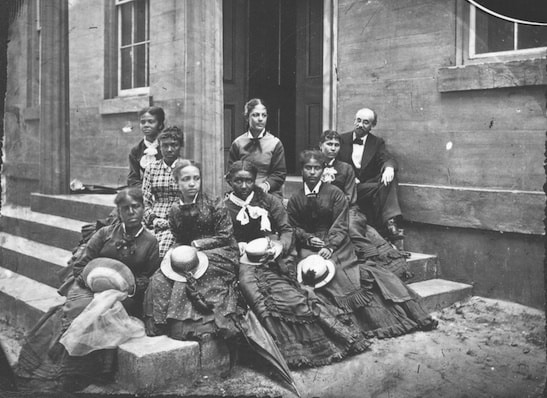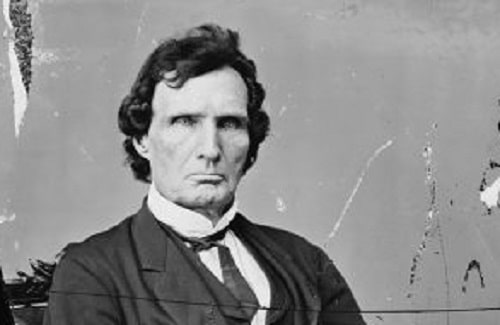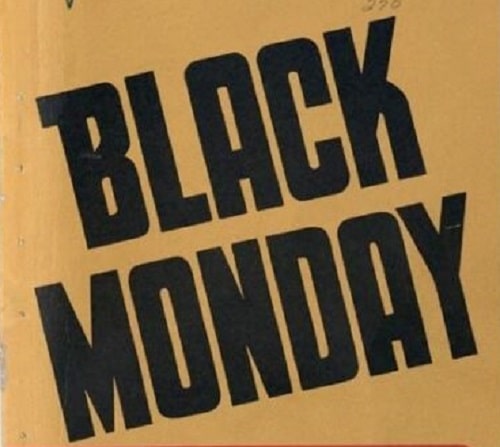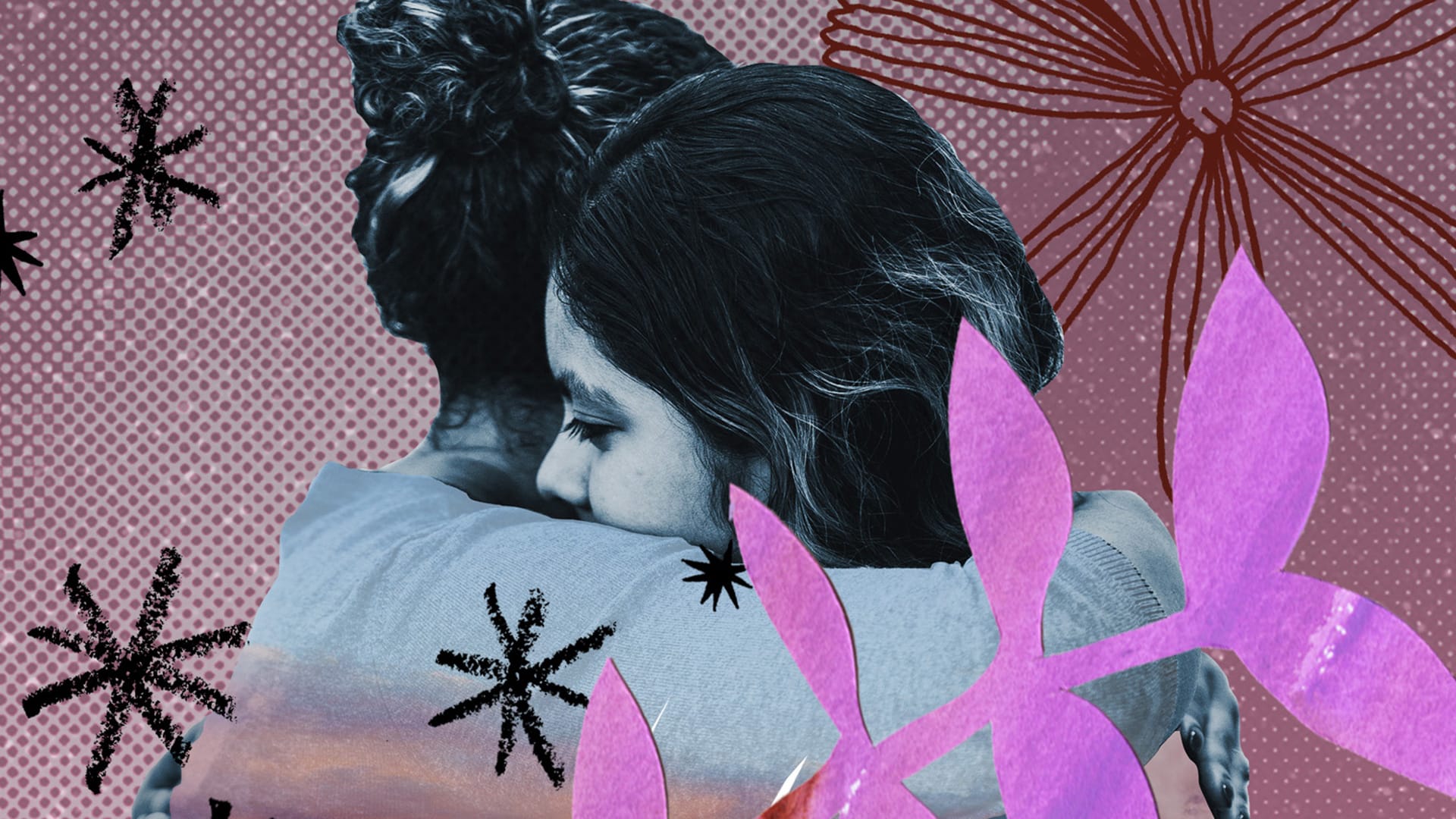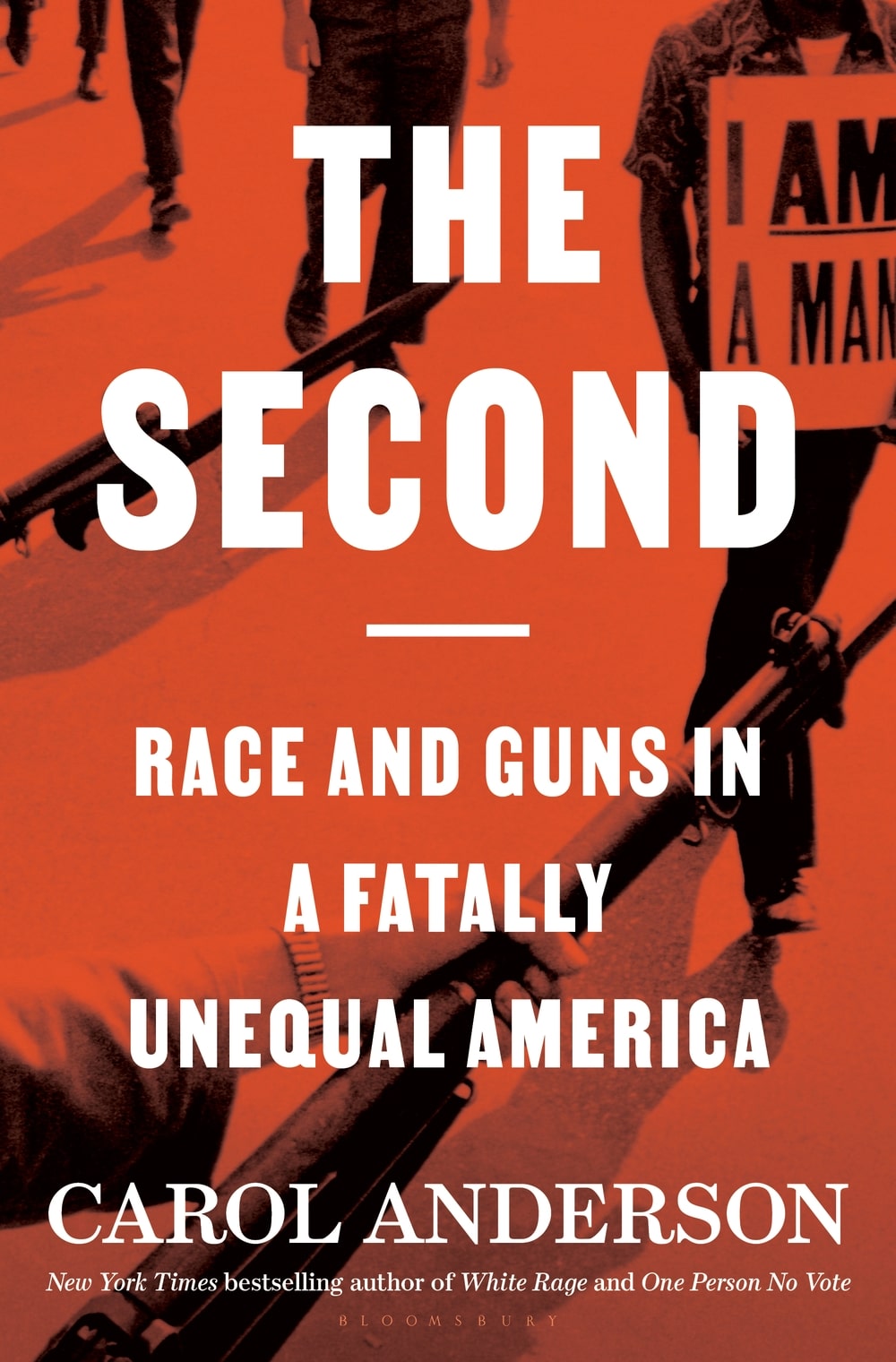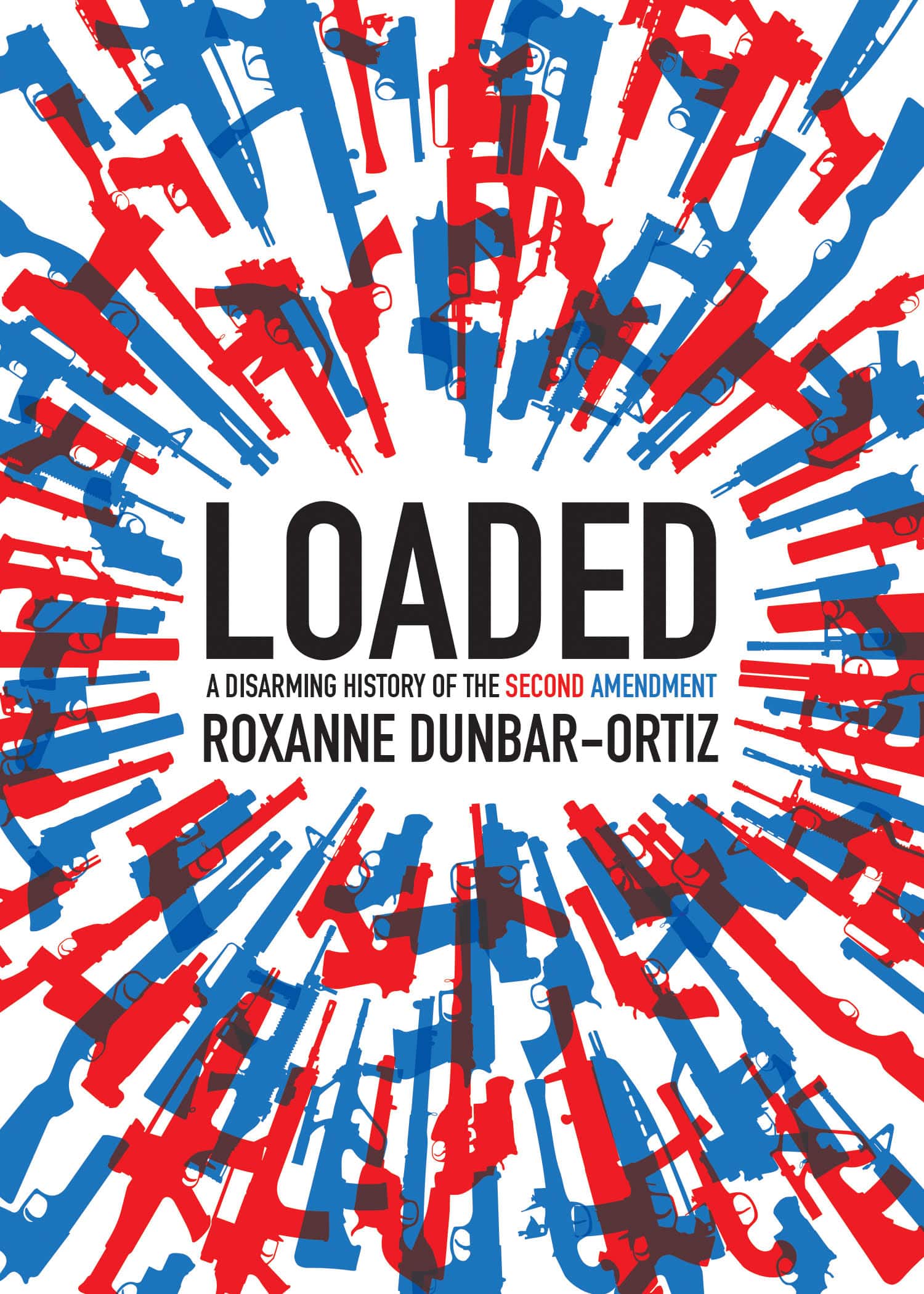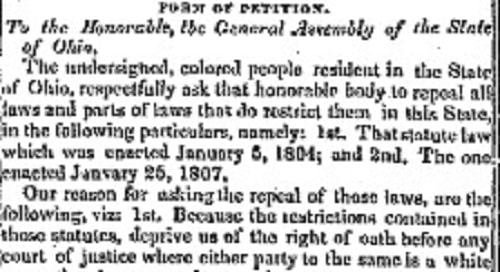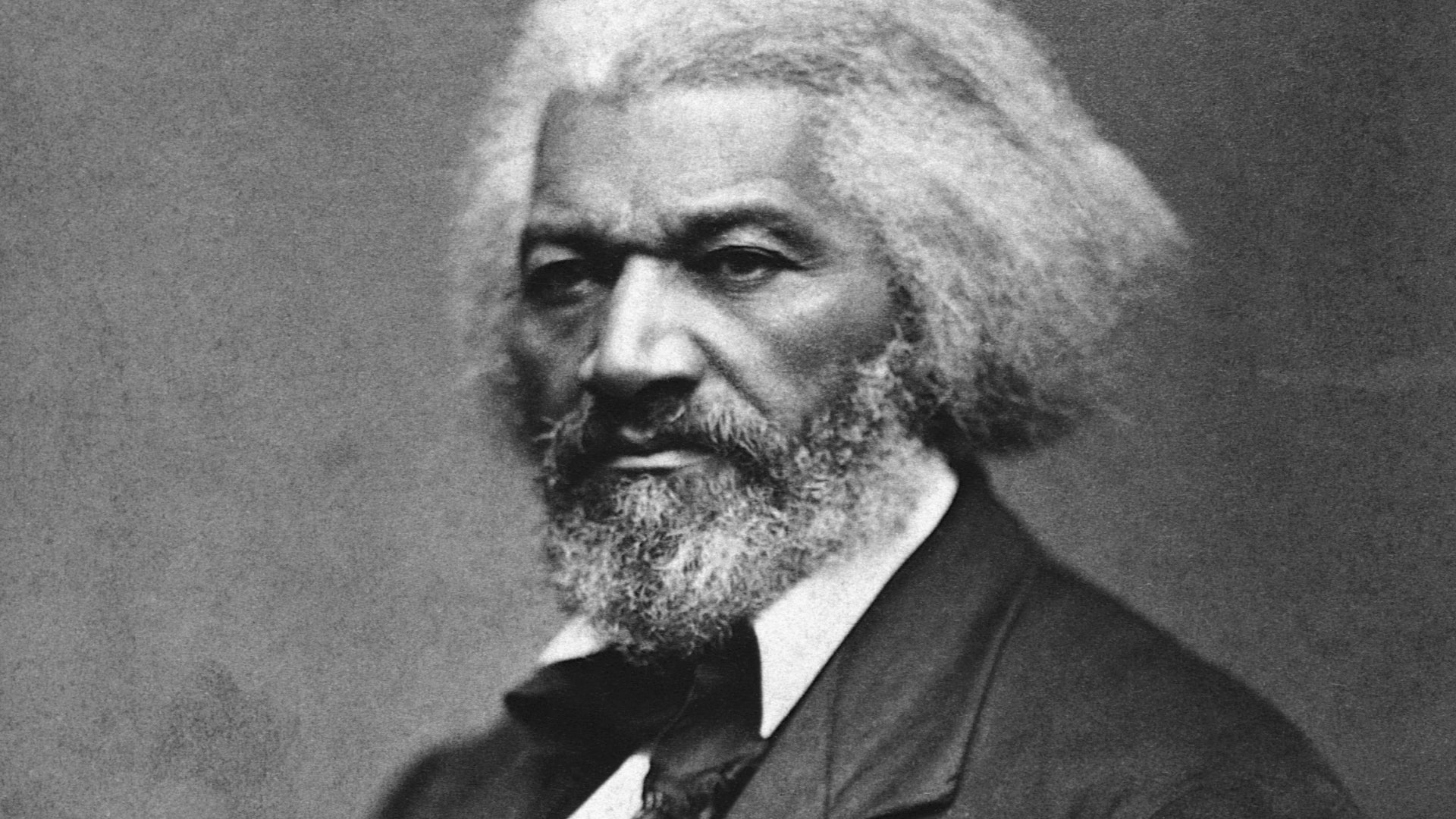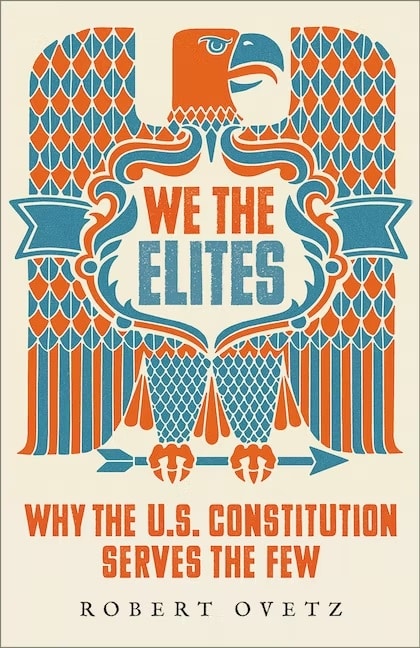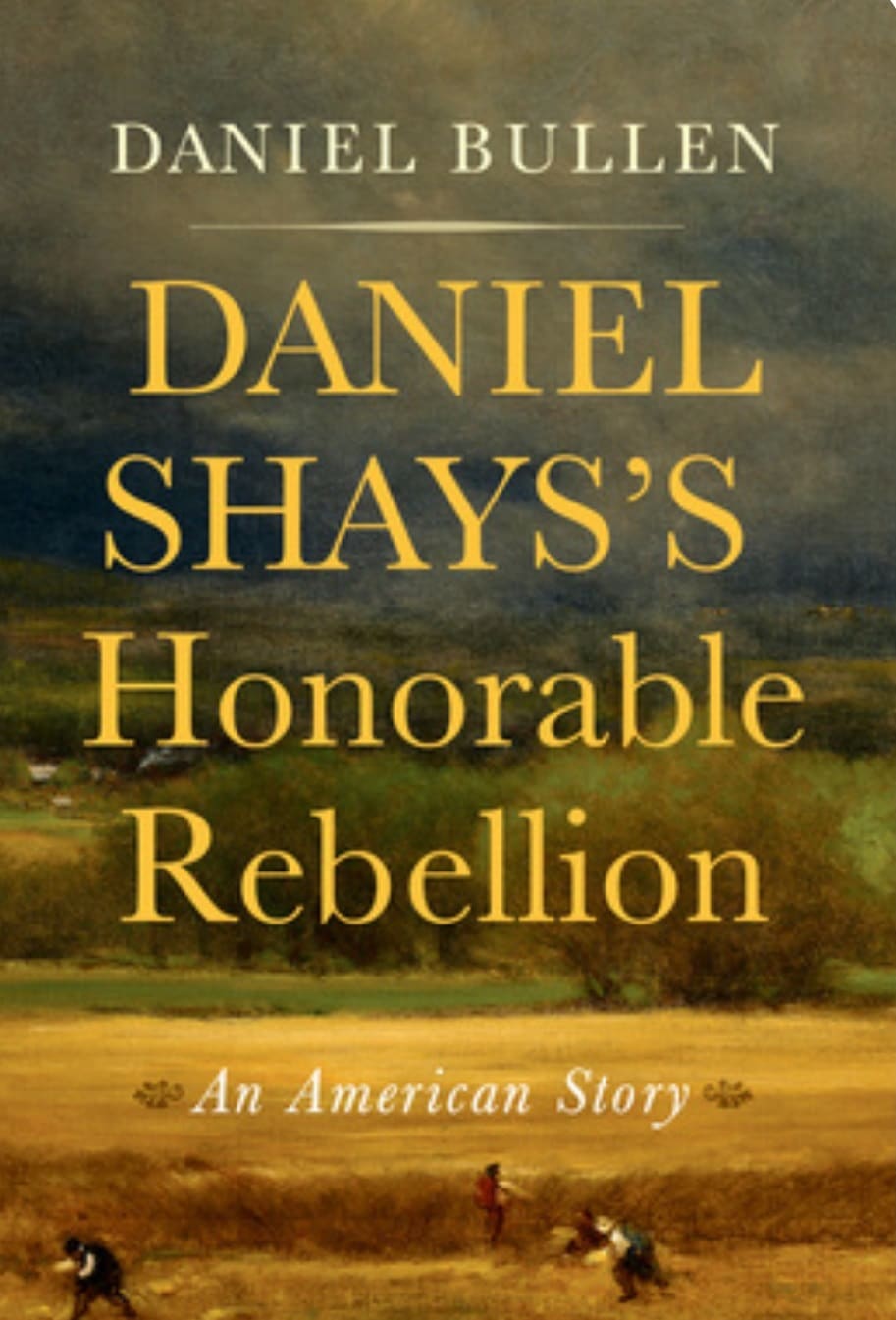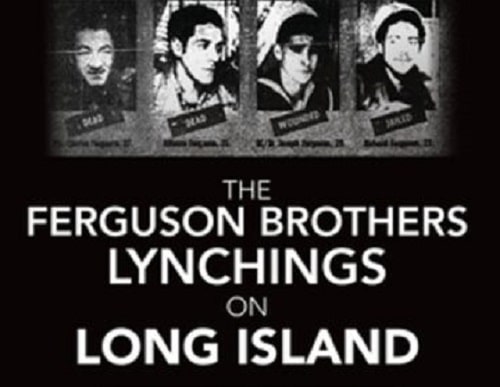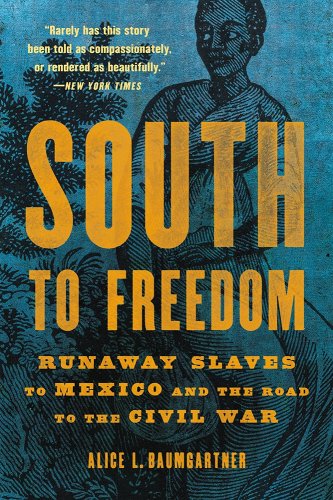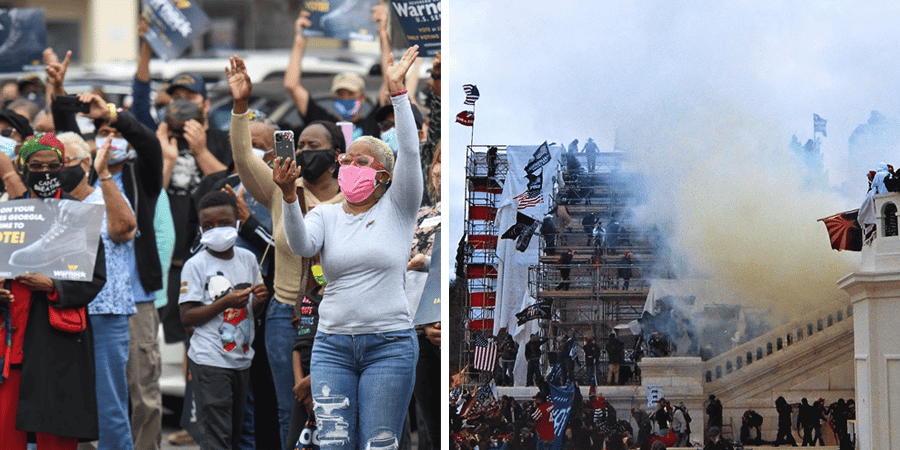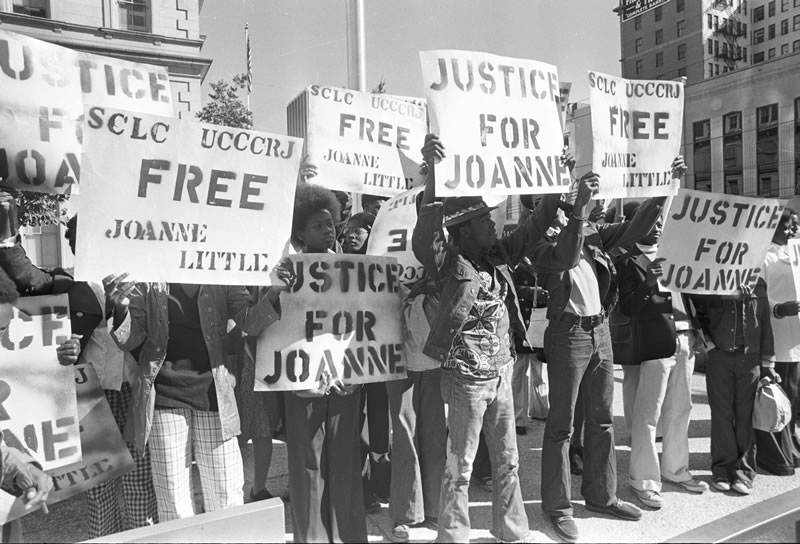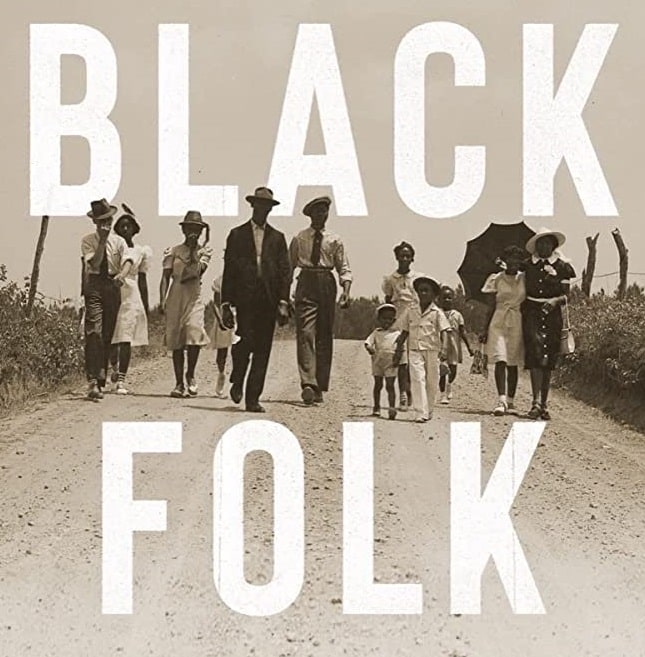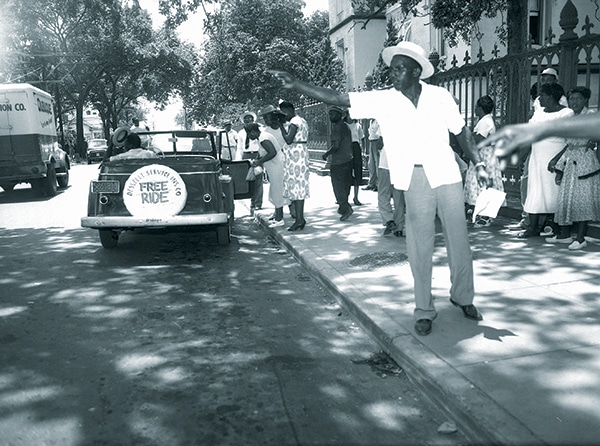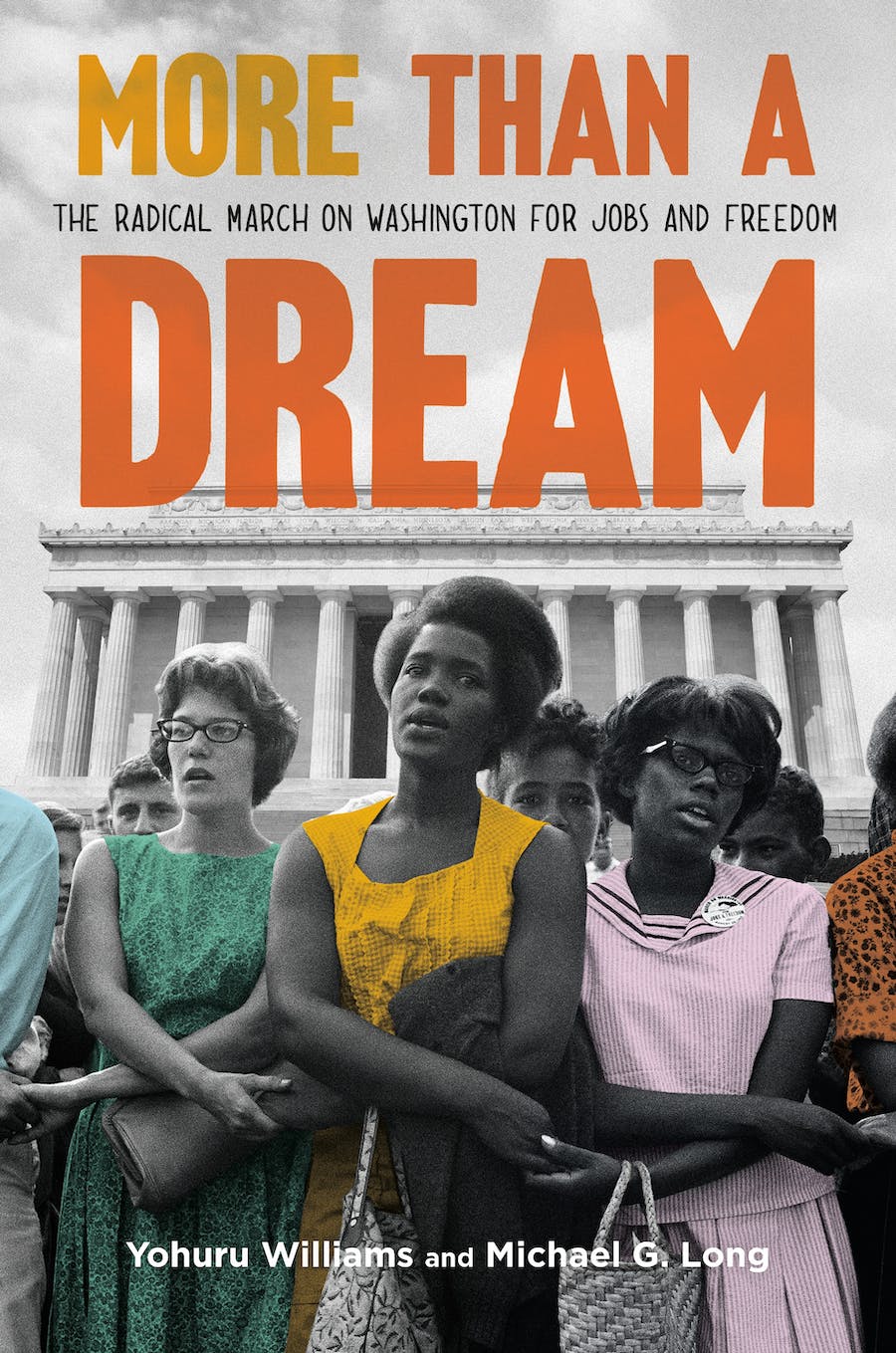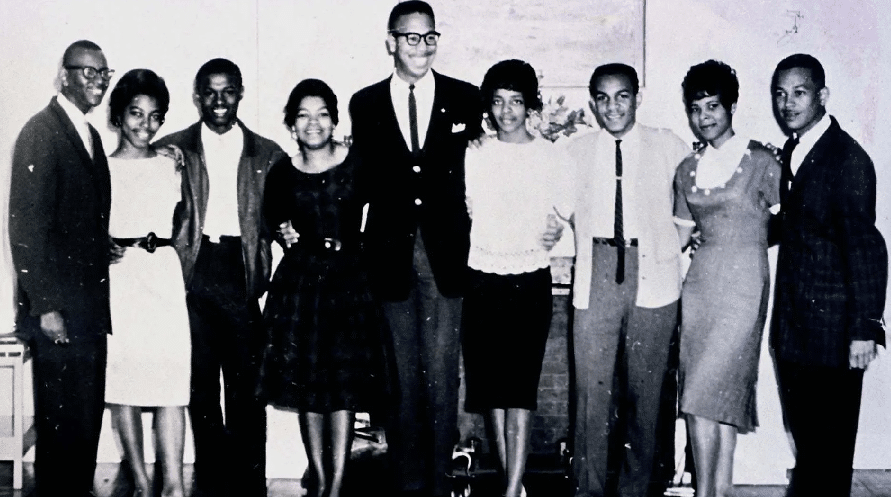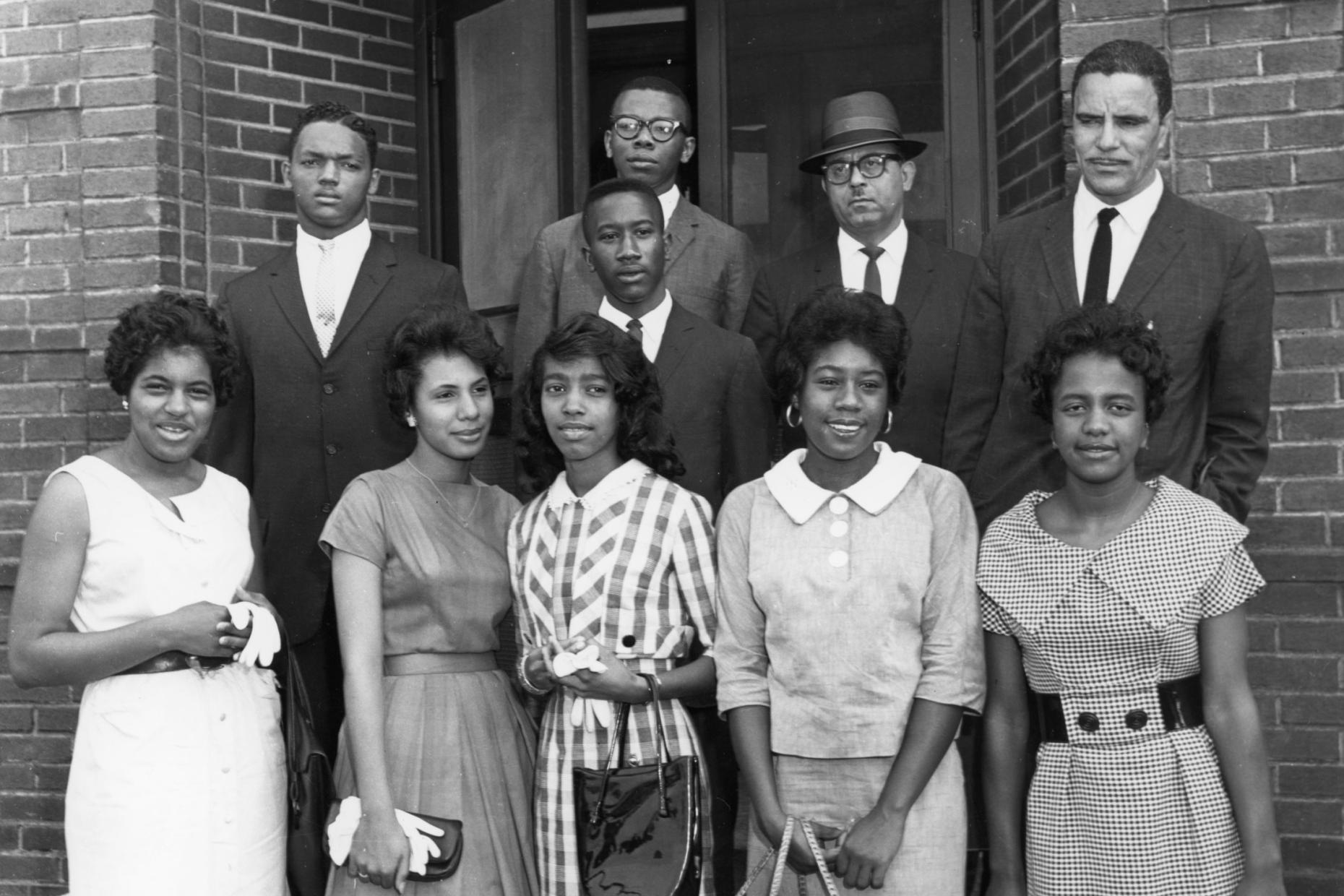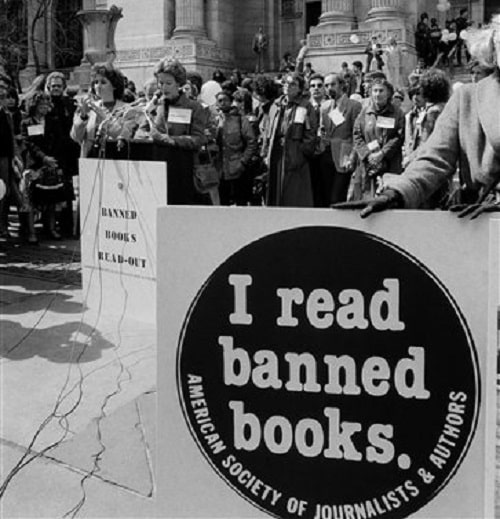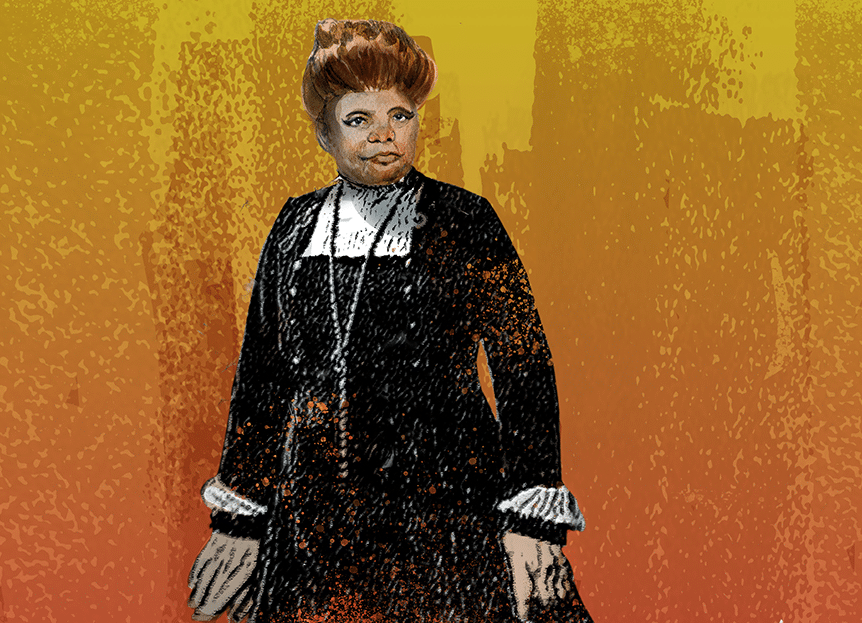With escalating escapes of the formerly enslaved, the Virginia General Assembly responded to lobbying from slaveholders and human traffickers by making it harder for enslaved African Americans to escape on ships and by increasing penalties for anyone helping such freedom-seekers.
Continue reading
Prompted by South Carolina’s all-white political primary system, civil rights advocate Modjeska Monteith Simkins wrote a letter to Governor Olin D. Johnston of South Carolina challenging him to a debate on white supremacy.
Continue reading
Henry E. Hayne was the first Black student to be accepted to the University of South Carolina’s medical school, a bold act which encouraged other Black students to apply. By 1875, Black men comprised the majority of the student body.
Continue reading
Thaddeus Stevens gave a speech in the Pennsylvania House of Representatives in defense of the Free Schools Act of 1834, which moved the state House to vote against repeal and the Senate to take another vote in support of free public schools.
Continue reading
Future Mississippi Supreme Court Justice Tom P. Brady delivered a racist speech called “Black Monday” in response to the U.S. Supreme Court’s Brown v. Board of Education decision, inspiring many white leaders to join the White Citizens’ Council.
Continue reading
Website. NoKidsinPrison uses art to model, imagine and advocate for alternatives to youth incarceration by lifting up the voices of youth most impacted by the criminal justice system through art and culture.
Continue reading
Book — Non-fiction. By Carol Anderson. 2021. 272 pages.
This book illuminates the history and impact of the Second Amendment, how it was designed, and how it has consistently been constructed to keep African Americans powerless and vulnerable.
Continue reading
Book — Non-fiction. By Roxanne Dunbar-Ortiz. 2018. 236 pages.
A history of guns and gun laws in the United States, from the original colonization of the country to the present.
Continue reading
The first general convention of African American Ohioans met in Columbus and pledged to continue raising their voices in order to repeal the Black Codes.
Continue reading
In this speech, Frederick Douglass denounced the Civil Rights Cases of 1883, in which the Supreme Court held that the Thirteenth and Fourteenth Amendments did not empower Congress to outlaw racial discrimination by private individuals.
Continue reading
Book — Non-fiction. By Robert Ovetz. 2022. 240 pages.
This collection of essays exposes the U.S. Constitution for what it really is — a rulebook to protect capitalism for the elites.
Continue reading
Book — Non-fiction. By Daniel Bullen. 2021. 320 pages.
A history of Shays’ Rebellion, where farmers challenged the state’s authority to seize their farms for flagrantly unjust taxes, told from the protesters’ perspective.
Continue reading
Two African American brothers — Charles and Alphonso Ferguson — were shot and killed by a white police officer in the segregated Freeport neighborhood of Long Island, New York.
Continue reading
Book — Non-fiction. By Alice L. Baumgartner. 2020. 384 pages.
The story of why Mexico abolished slavery and how its increasingly radical antislavery policies fueled the sectional crisis in the United States.
Continue reading
There was an attack on the U.S. Capitol by an armed white supremacist mob, determined to block the democratic process.
Continue reading
Book — Non-fiction. Edited by déqui kioni-sadiki and Matt Meyer. 2017. 648 pages.
The collective autobiography of the New York Panther 21, an infamous conspiracy case that highlighted government repression of Black liberation activists during the 1960s and 1970s.
Continue reading
Teaching Activity. By Say Burgin, Jeanne Theoharis, and Ursula Wolfe-Rocca. 7 pages.
In this activity, students investigate Rosa Parks’ activism — and the gender and racial injustice to which it was a response — before and after her famous bus refusal.
Continue reading
Book — Non-fiction. By Blair L. M. Kelley. 2023. 352 pages.
This book uses personal narratives to highlight the community and networks of resistance that Black laborers built in the face of racism and segregation in the late nineteenth and early twentieth centuries.
Continue reading
Black leaders in Baton Rouge, Louisiana formed the United Defense League (UDL) to protest bus segregation and persuaded thousands of Black residents to boycott buses until an agreed upon compromise was met.
Continue reading
Book — Non-fiction. By Yohuru Williams and Michael G. Long. 2023. 272 pages.
A look at the March on Washington through a wider lens, using Black newspaper reports as a primary resource, recognizing the overlooked work of socialist organizers and Black women protesters, and repositioning this momentous day as radical in its roots, methods, demands, and results.
Continue reading
Nine Tougaloo College students and members of the Jackson Youth Council of the NAACP staged a sit-in to protest segregation at the Jackson Public Library in 1961 and were subsequently arrested.
Continue reading
In an act of civil disobedience against the whites-only Greenville County Public Library, eight young Black people entered the library, began reading, and were subsequently arrested. They became known as the Greenville Eight, and the library finally desegregated months later after many legal battles.
Continue reading
The constitutional climate case Juliana v. United States was filed by 21 youth against the U.S. government. The defendants said that the government's policies are causing catastrophic climate change and constitute a violation of their constitutional rights to life, liberty, and property.
Continue reading
Fed up with books being banned by the school administration, students at Island Trees High School in Long Island, New York sued the school board for this unconstitutional censorship in a case that went all the way up to the Supreme Court.
Continue reading
Teaching Activity. By Matt Reed. Published by Rethinking Schools. 2023.
This mixer activity helps students uncover the radical legacy of Ida B. Wells.
Continue reading

